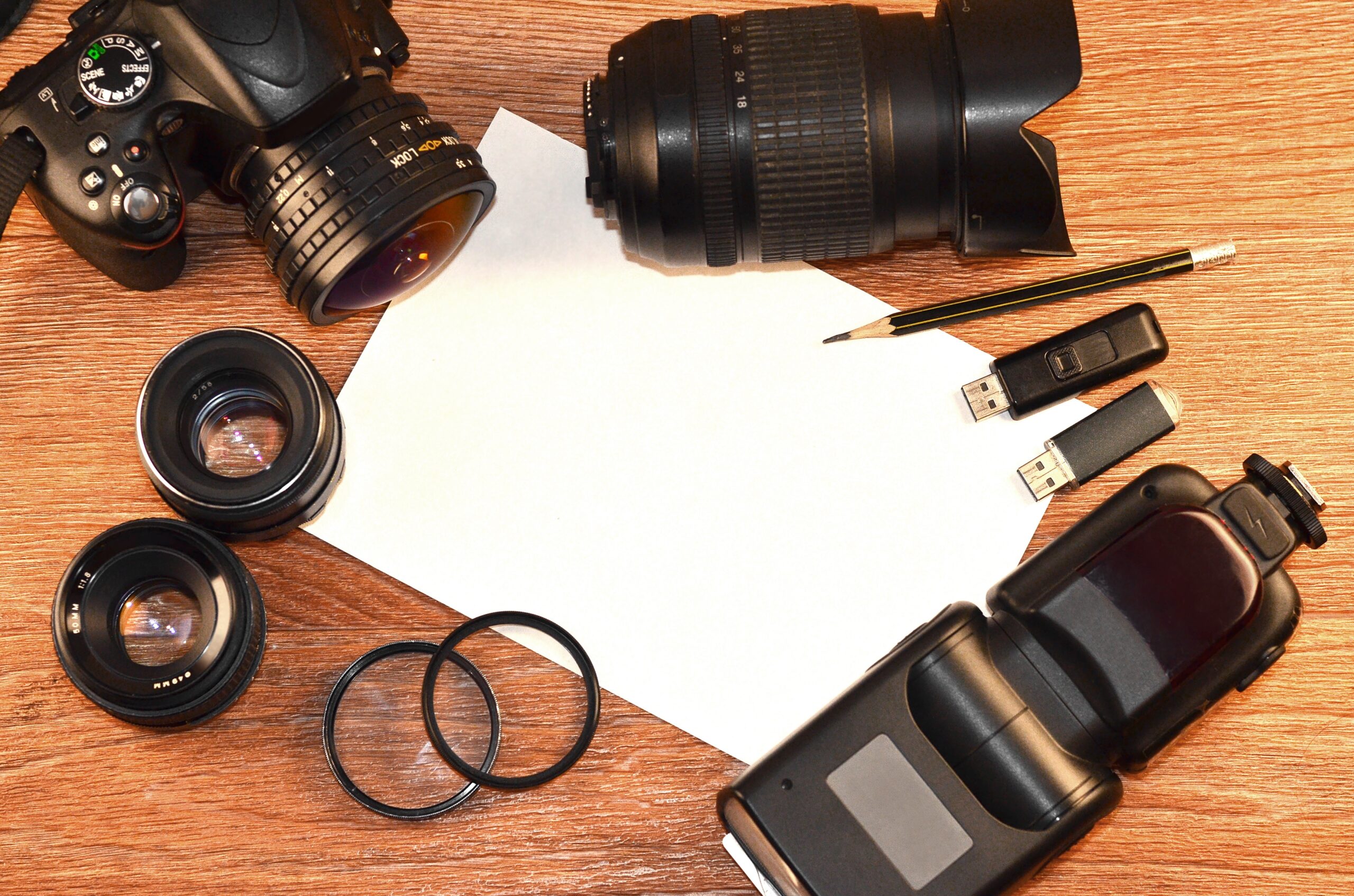Introduction
ISO Certifications for Photography in the U.S.: In an age where digitization is rapidly transforming various industries, adhering to quality standards is more critical than ever. The photography industry in the United States is no exception to this. Being certified in ISO standards, specifically tailored for photography, can give a competitive edge to photographers, studios, and agencies alike. This comprehensive guide, brought to you by Pacific Certifications—accredited by ABIS, aims to shed light on the ISO certifications relevant to the photography industry, the requirements for obtaining them, and the plethora of benefits they offer.
Applicable ISO Standards for Photography in the U.S.
ISO 9001: Quality Management System
The ISO 9001 standard is universally applicable across industries. In the context of photography, it ensures quality management processes that cover everything from client interactions to the actual delivery of photographs.
ISO 14001: Environmental Management System
Photography businesses often use chemicals for developing photos or utilize electronic equipment that has an environmental footprint. ISO 14001 certification aids in managing and reducing these environmental impacts.
ISO 27001: Information Security Management System
Photography studios and agencies are increasingly managing digital assets that require secure handling. ISO 27001 can provide the framework for managing the security of digital photographs and client data.
Requirements for ISO Certifications for Photography in the U.S.
Pre-assessment and Gap Analysis
The first step is to perform a gap analysis to identify how your existing processes align with the ISO standard you are targeting. Pacific Certifications can provide an initial assessment to help you understand your organization’s readiness for certification.
Documentation
Proper documentation of processes, from customer engagement to post-processing of photographs, is essential. Manuals, records, and documented procedures will be scrutinized during the certification process.
Internal Audits and Management Review
Before the formal audit, an internal audit is required to ensure compliance with the chosen ISO standard. A management review must also be conducted to confirm commitment to continual improvement.
Certification Audit
Upon successful completion of internal reviews, a certification audit by an accredited body like Pacific Certifications is the final step. If successful, the certification is issued and becomes valid for three years, with annual surveillance audits.
Benefits of ISO Certifications for Photography in the U.S.
Quality Assurance
ISO certifications stand as a testament to your commitment to quality, reassuring clients that your services meet internationally recognized standards.
Competitive Advantage
Certification sets you apart in a crowded market. It is not just a badge of honor but a critical differentiator that can be pivotal in a client’s decision-making process.
Regulatory Compliance
Being ISO-certified can also help you adhere to regulatory requirements, whether they pertain to environmental conservation or digital asset protection.
Business Efficiency
The systematic approach advocated by ISO standards can lead to streamlined operations, cost reductions, and ultimately higher profitability.
Conclusion
In summary, ISO certifications offer a multitude of benefits that can substantially uplift the quality and credibility of photography businesses. Whether you’re a freelance photographer or run a full-fledged photography agency, aligning with ISO standards can significantly impact your marketability and operational efficiency.
For those looking to obtain ISO certification, Pacific Certifications, accredited by ABIS, offers an end-to-end service, guiding you through each step of the certification process. For more information, you can contact our team at support@pacificcert.com


